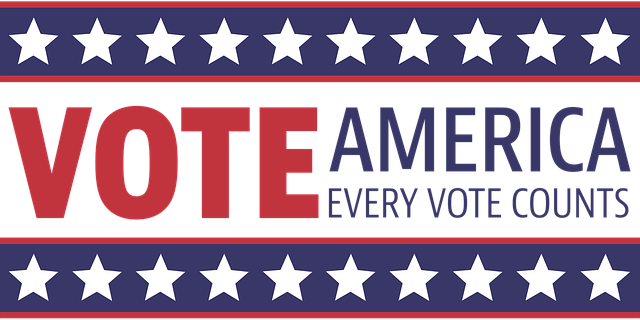Mixing Business and Politics
Many would say never, ever. What about the employee engagement factor? Much has been written about the benefits of employee engagement to the organization. It is widely accepted that increased communication between employees and management improves overall performance. Whether the communications involve grievances, general working environment, work-life balance, or general topics, getting employees active and involved with the business is proven to benefit all.
Let’s face the facts; business is most certainly going to be impacted one way or another by the upcoming presidential election. Never has the country been so divided in terms of the direction the US will take over the next 4+ years.
So what could be more stimulating in the workplace these days than a lively discussion of politics? Not a drop-down dragged-out battle between hardline ideologues, but rather a civil (if that is at all possible) conversation and debate about the current and future state of our country. To paraphrase a common statement, as the country goes, so goes the business.
Everything from health insurance reform to global trade to taxes to immigration impacts virtually every business in one way or another. And considering the vast differences in policy between the major presidential candidates, now more than ever it is important for the workforce to come together and weigh the potential impact on the business, and by extension our own personal lives.
The goal is not to gain agreement (and therefore votes for your favorite candidate), but rather to share ideas and understand that there are positives and negatives in every ideology. This exercise can at least help to uncover extreme positions, potentially moderating outlying beliefs and opening minds.
There are many non-divisive and entertaining options for engaging the workforce in an open (and friendly) political discussion. The process can start with an anonymous survey of political affiliation, with the results to be announced at an extracurricular company event (picnic, Friday pizza day, cocktail hour, etc.). The discussion can begin with a vote on which hot political topics might impact the business most (i.e., healthcare, taxes, etc.). Without an argument as to which ideology is “best” for the country, simply gain agreement on what will most likely affect the organization. These topics can be ranked first to last.
Chipping away at each topic (again without addressing political stances), the group can weigh in on how each topic impacts the business. For instance, employee healthcare premium costs, or trade agreements that could stifle company sales. Furthering the discussion, who should bear the burden of rising healthcare costs (employee or company)? And if a new trade agreement drops sales, how should the company respond? New products, discounts, etc.?
As you can see, the dialogue can run very deep without ever being divisive or pitting conservative views against progressive views. Yes, the conversation (dare I say argument) will eventually lead there, but not before there has been significant consensus on the issues, rather than dealing with the disparity of potential solutions.
This whole exercise brings the workforce and management together for a mutual cause — the greater good of the business. Since politics is top of mind for many Americans these days, what better way to engage employees in a discussion that will most certainly benefit all parties?
There are many ways to effectively inject politics into the corporate dialogue without it becoming contentious. Just keep it lively but civil. And remember to vote!






